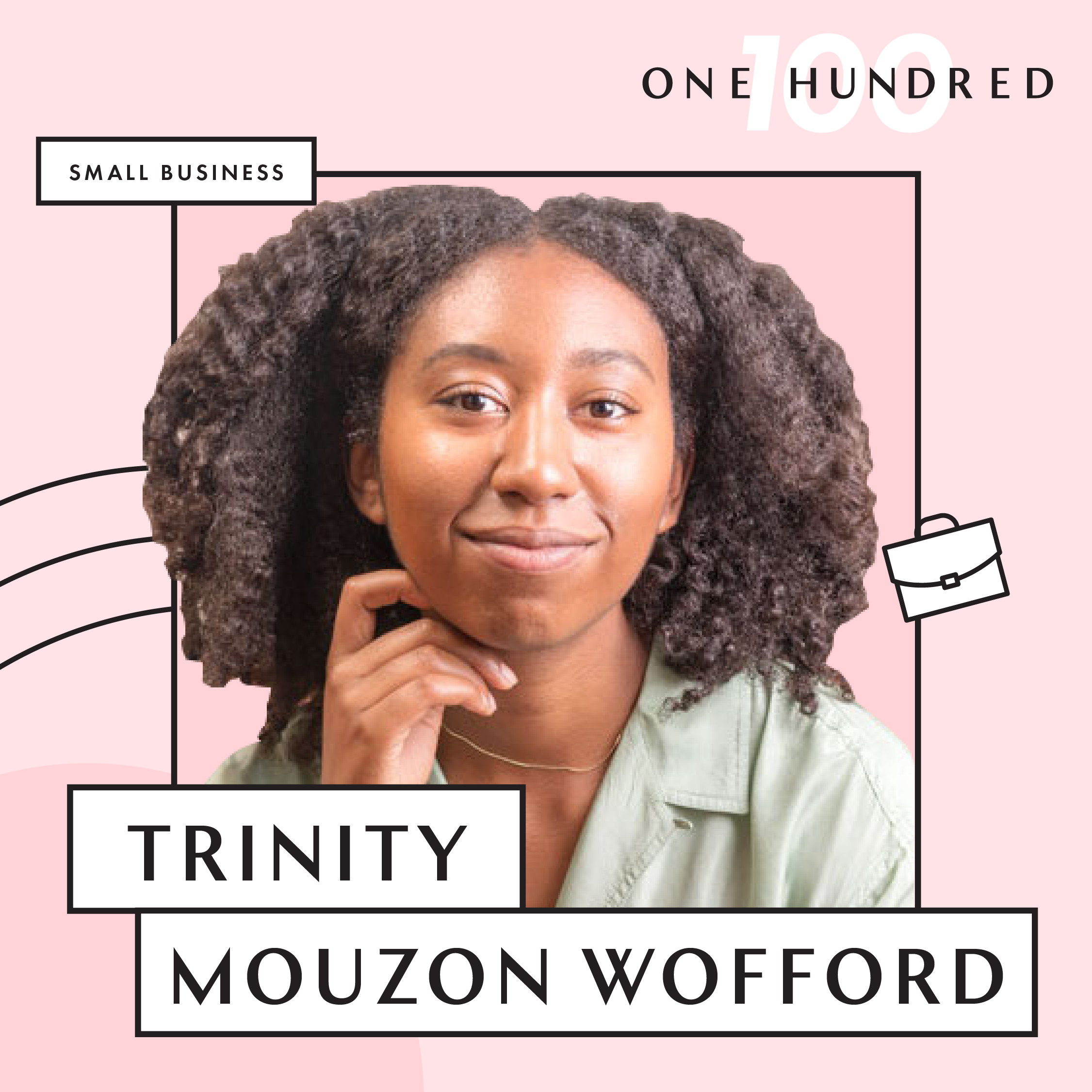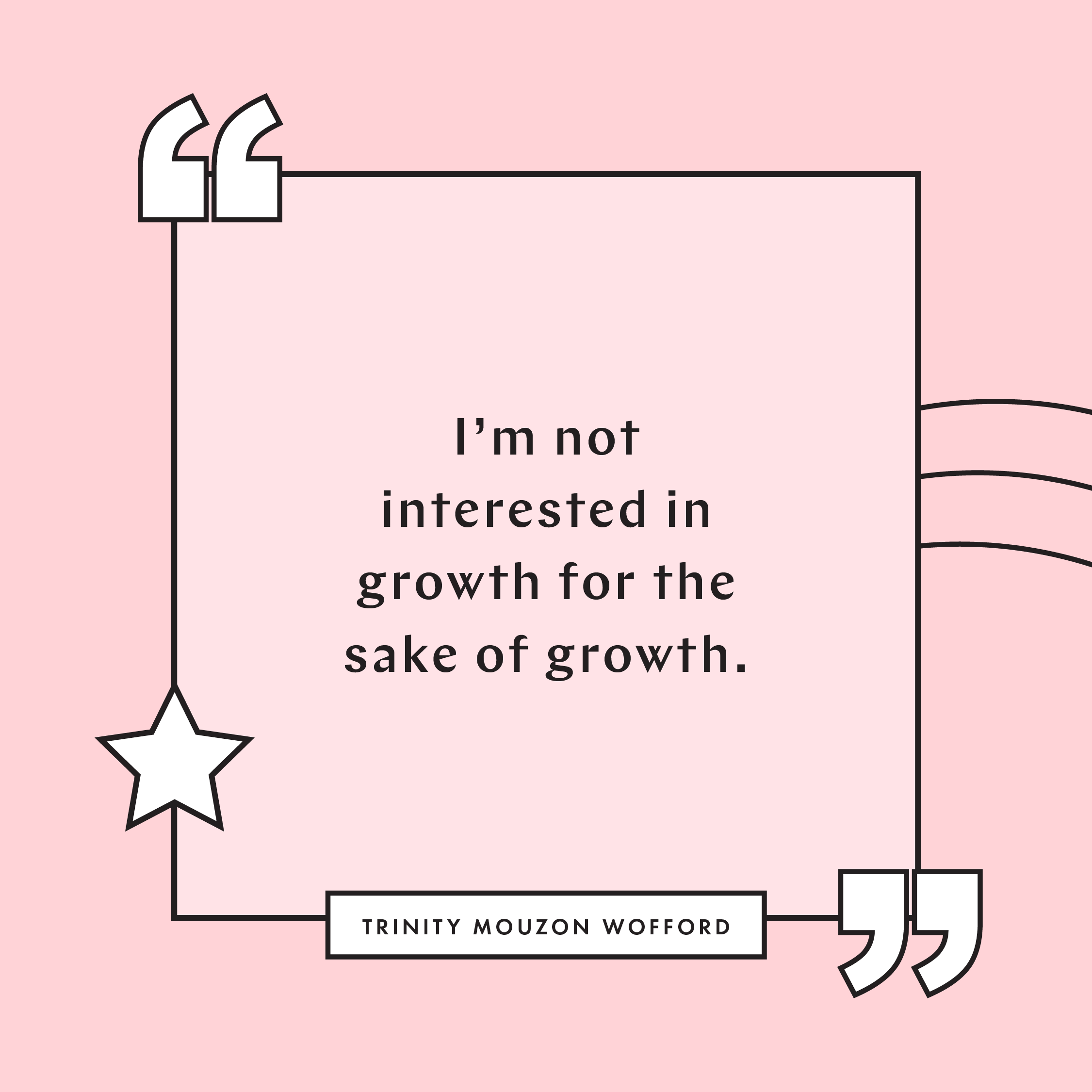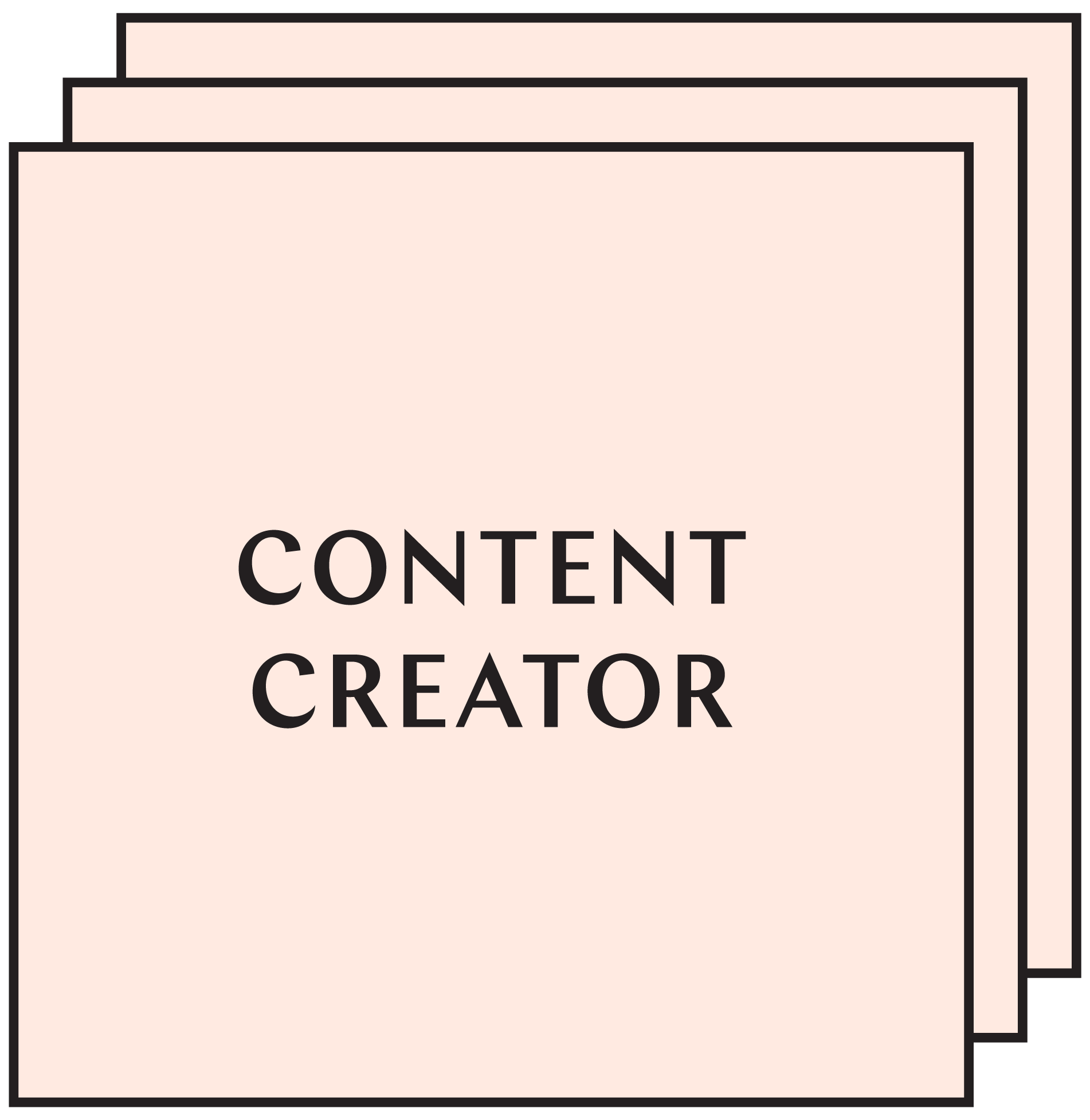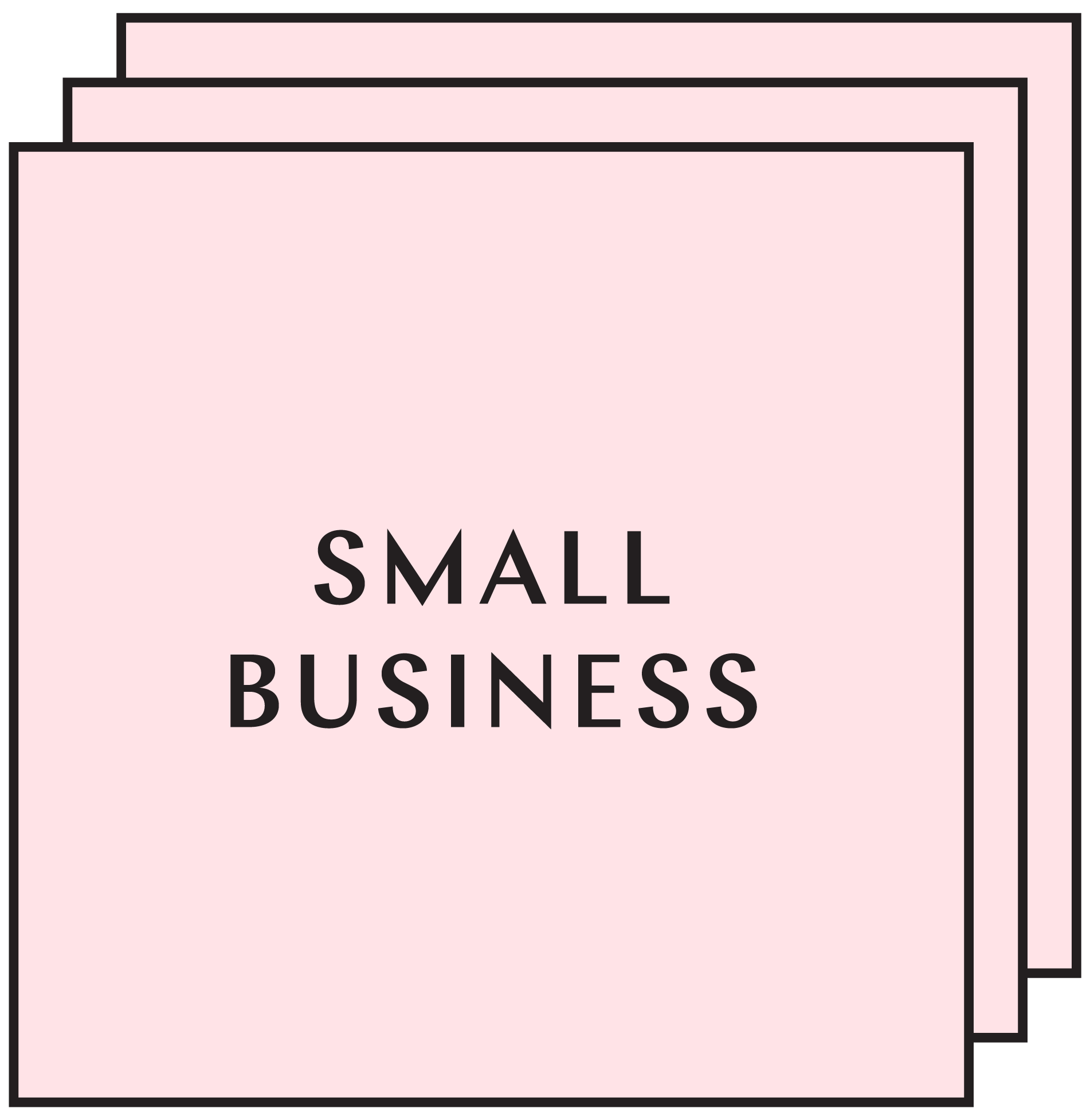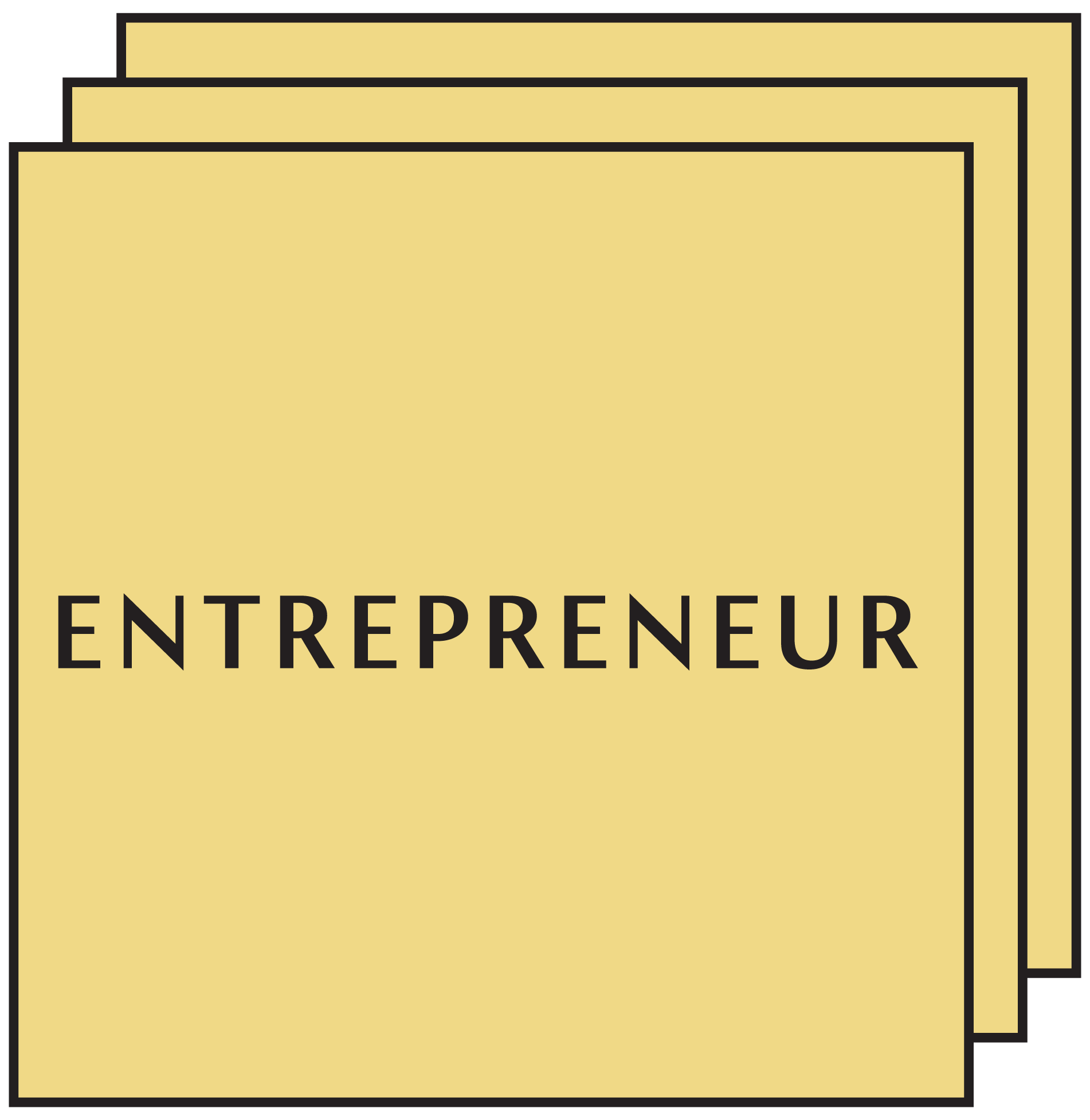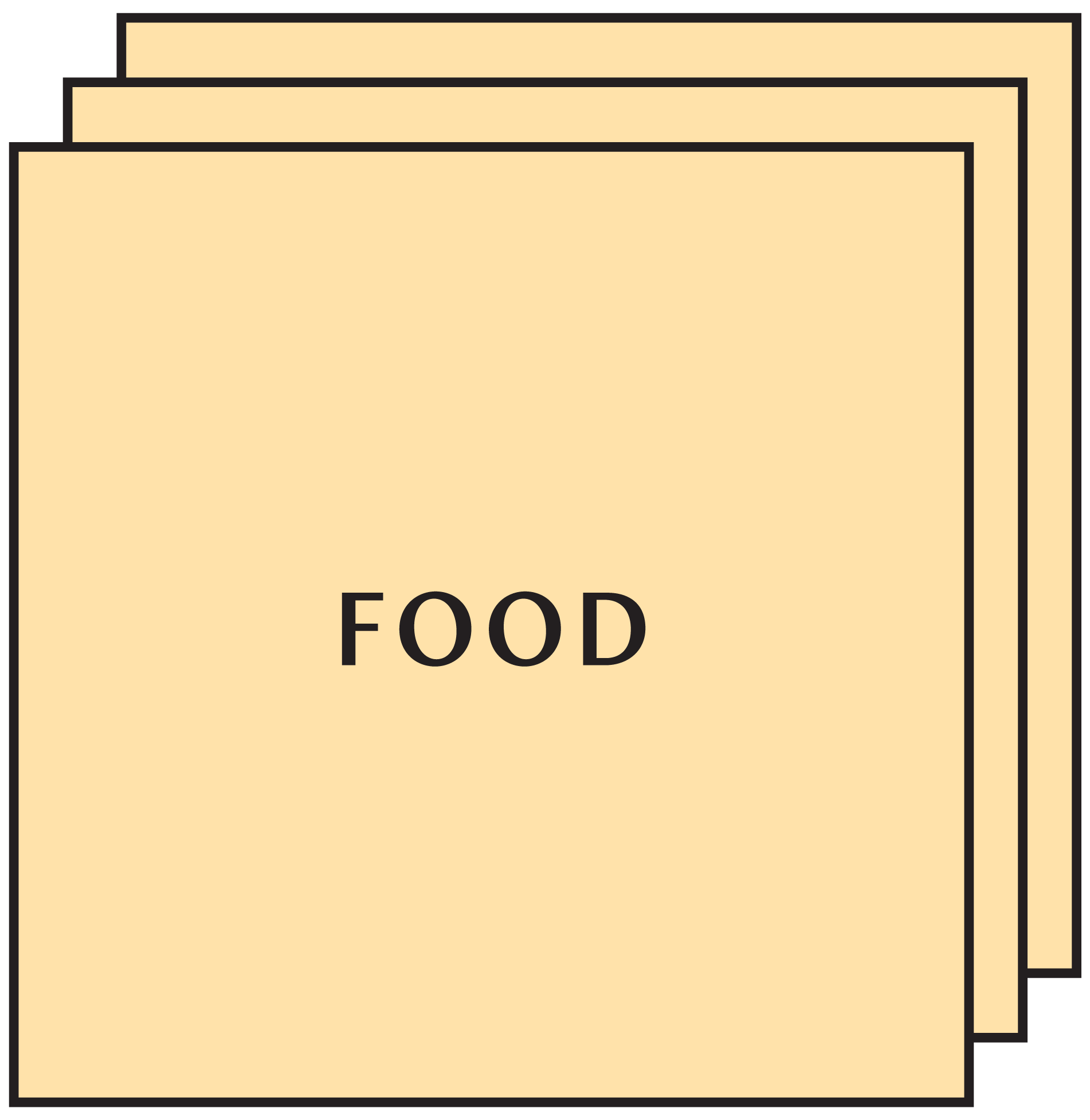Great ideas are just that—great. The real success comes down to the execution of said great idea along with a lot of hard work, hustle, and sleepless nights along the way. Just ask Trinity Mouzon Wofford. She was only 23 when she launched her wellness line, Golde and now it's stocked at Goop and Urban Outfitters and continues to fly off shelves.
The real beauty of Wofford’s success is in her tenacity. She didn’t let her age or her inexperience in the business world limit her, ever. In fact, these ingredients propelled her to concoct an unbeatable recipe for global domination—well, she’s working on the global part.
And it wasn’t an overnight success either. It’s taken years and “so much love and effort” to figure out how to turn Golde into something that is, in her words, “both fun and profitable.” Read on to hear Wofford’s inspiring career journey and let it be the motivator that helps you turn your idea into the next big success story.
CREATE & CULTIVATE: You were just 23 when you launched your own business, Golde. Can you tell us about your idea for the brand? What sparked it? Why did it feel different to what was out there?
TRINITY MOUZON WOFFORD: The idea behind Golde goes way back to me growing up in New York’s Hudson Valley. I was raised by a single parent with an autoimmune disease—my mom has severe rheumatoid arthritis. It wasn’t until I was in high school that she switched over to seeing a more holistically-minded physician and noticed a massive improvement in her symptoms. That got me totally into the natural health movement, and I decided I was going to be a doctor too. I was pre-med at NYU up until I heard from my mom that she had to stop seeing this doctor because she literally couldn’t afford it—and so I was left at this crossroads as I was finishing school about whether it made any sense to go into that field if it was still so inaccessible to the average person.
After college, I ended up working in marketing at a startup and really loved it. The final missing piece was my life partner Issey—his parents have a family business making candles and he really grew up in that world. Literally, he has memories of sleeping on a futon in the candle factory when his parents were working late. That really gave both of us the visibility into what it could be like to start a business together.
Ultimately, Golde came as a solution to my experiences as a consumer in the wellness space. Everything was either old school, ‘crunchy granola,’ or so ultra-luxe that it felt completely inaccessible to me. We wanted to create something that felt warm and fun and fresh—something that felt golden.
Running a business is so much more than having an idea, it's all about the execution. How did you turn your lightbulb moment into a thriving business? What has that journey looked like for you?
There was no one moment of arrival from ‘crazy idea’ to ‘functioning business’—it’s taken years and so much love and effort to figure out how to turn Golde into something that is both fun and profitable. When we first launched we were focused solely on turmeric because it’s such an incredible superfood, but we found that what people really loved about our brand was the messaging and the approach to wellness, and we felt like it was sort of a shame to limit that conversation to just one commodity. So in 2019 we really shifted our entire brand to speak more to the overarching superfood story, and the response was incredible.
“Being self-funded has made our team incredibly scrappy, and it’s pushed us creatively to lean on engagement and authenticity instead of a big budget.”
When you hit a bump or hurdle in your career, how do you find new roads + switch gears to find success?
Being in business with my life partner makes those moments so much less painful. We usually make time every single day to go on a long walk around the neighborhood and talk through everything. It’s been scientifically proven that you make better, more creative decisions when you’re in a state of movement. You are literally getting yourself un-stuck. It’s a simple trick, but I rely on that heavily. I think also with experience you learn that hurdles are inevitable and to be expected. When I first saw challenges in my business, I would totally freak out and get emotional about it. Now I’m much better at saying ‘okay, here’s this problem, what’s the solution?’
You've achieved so much success, but knowing what you do now, what do you wish you could go back and tell yourself? What have been the pros and cons of starting a business at such a young age?
If I could go back and start Golde all over again, I’d do a million things differently. That said, I don’t think I would choose that opportunity if I could. Golde was built through the experiences of my co-founder and I figuring stuff out day-by-day, which is I think what makes the brand so unique and authentic. We didn’t pay some agency to figure out our identity, we just were what we were. I definitely wish there had been a little more business strategy involved at the beginning, but I’ll always love the fact that this brand was built out of passion and excitement, not just spreadsheets and market insights.
What is one thing you didn’t do in the setup process, that ended up being crucial to the business and would advise others to do asap?
Can you believe that we launched without a financial model? I’m cracking up thinking about this now, but when we first started the business was so small (like, me hand-blending the turmeric) that I didn’t even consider what our revenue goals were. I just knew I was charging enough to cover our (at the time, nearly nonexistent) costs and that I was having fun. Our first year was mostly just like that—hand making the product, selling it, having enough money to make some more. In hindsight, starting with more strategy in place would have saved me a lot of catching up in year two.
There are a lot of people reading this who are inspired by your story. How did you get retailers to start stocking your product? Were you told no? How did you handle that rejection? What advice can you share
With retail, we honestly got very lucky. Within a year of popping up on the scene, we had inbound inquiries from a lot of the biggest names in beauty and wellness. I think we really just timed it right. Big brands were looking to start stocking a wellness assortment, and they needed to find products that didn’t feel so ‘granola’ and also weren’t like $150. We fit that niche perfectly.
That being said, if I could do it all over, I would have been a little bit more selective on who we chose to partner with. We took every opportunity that came to us, which was amazing for forcing us to learn everything really quickly, but also left us feeling a bit unfocused at times. My advice for anyone starting out is to be very intentional with your business model—consider the pros and cons of DTC and wholesale, and how you want to enter those markets.
Being a founder is never a smooth path. What are some of the biggest lessons you've learned through the process of starting Golde? What have been the biggest challenges? Why?
Starting a business has taught me nearly every life lesson I’ve acquired to date. The biggest one is accepting failure. Being an entrepreneur is basically just a series of unending failure—you make the wrong projections, your production run goes wrong, someone’s not happy with your product. You can choose any of these moments to give up, or you can see them as learning curves that will prepare you for the next thing.
Talk us through the bootstrapping process. How did you self-fund your business? Would you recommend that route to other entrepreneurs? Why/Why not? Do you have plans to scale or raise? Why/Why not?
Bootstrapping our business has at times presented us with some pretty serious challenges. It impacts how much you can pay the amazing people on your team and what opportunities you can go after. I really, truly, do not regret saying no to investors so far. That being said, I do wish I had been a little more financially savvy when I made that decision.
When you’re bootstrapped, cash flow is everything, and I don’t think I was 100% prepared for how obsessively I needed to watch it. We definitely intend to keep growing, and we’re open to raising money in the future if we need it. That being said, I’m not interested in growth for the sake of growth. There are enough bloated organizations out there just trying to scale so that they can get their investors the return they need. I’d rather own more of my business and not be beholden to that game.
“Do whatever you have to do in order to get comfortable being in your numbers all the time—you seriously cannot avoid this.”
When you're a small business owner, you have to fall in love with the numbers. What have been some of the hardest money lessons you've learned along the way? What is your #1 money tip for small business owners? Why?
Oh, god, so many hard lessons. I’ve always been a pretty frugal person, but numbers seriously stress me out. I had to acknowledge and unlearn a lot of my bad money habits as Golde started to grow. When I had a regular salary at my last job, I didn’t have to obsess over budgeting to be comfortable and save money. When you have a business, money is constantly flying out the window, so you have to be relentless with managing your cash flow to stay out of trouble. My top tip for small business owners is to do whatever you have to do in order to get comfortable being in your numbers all the time—you seriously cannot avoid this.
Creating buzz so people know about your brand/shop can be challenging for small businesses. How do you market your business? How are people aware of your business? What are some unique social/marketing tools you've used to grow organically?
As a modern brand, we went the sort of unpopular route of really leaning into wholesale, which has been amazing for us. Wholesale is great because you get all this great visibility on the shelf, and you create brand trust by aligning yourself with established retailers. Early on we signed with Urban Outfitters and Goop, and I think both of those really legitimized us despite being so early as a brand. Just because we’re big into wholesale doesn’t mean we’re not obsessed with managing our brand story and experience. Social is a huge one for us, with a ton of our site traffic and awareness coming from Instagram. We don’t really do ads yet and we don’t pay influencers to talk about us—we just try to tell a great story alongside great products.
What has been the toughest business decision you've had to make at Golde? And how did you turn it into an opportunity?
By far, the toughest decision I’ve made so far has been to bootstrap Golde rather than taking investor money upfront. It meant missing out on a lot of opportunities to scale as quickly as possible. That being said, I wouldn’t change it for the world! Being self-funded has made our team incredibly scrappy, and it’s pushed us creatively to lean on engagement and authenticity instead of a big budget.
What advice would you give to young entrepreneurs who have an idea but don’t know where to start to execute it?
Start asking questions—connect with founders you admire who are a couple of steps ahead of you. This is easier than you think! You just need to give people a reason to want to talk to you. Build that network of people who can serve as resources for you, and go from there.
VIEW THE FULL CREATE & CULTIVATE 100 SMALL BUSINESS LIST HERE.



